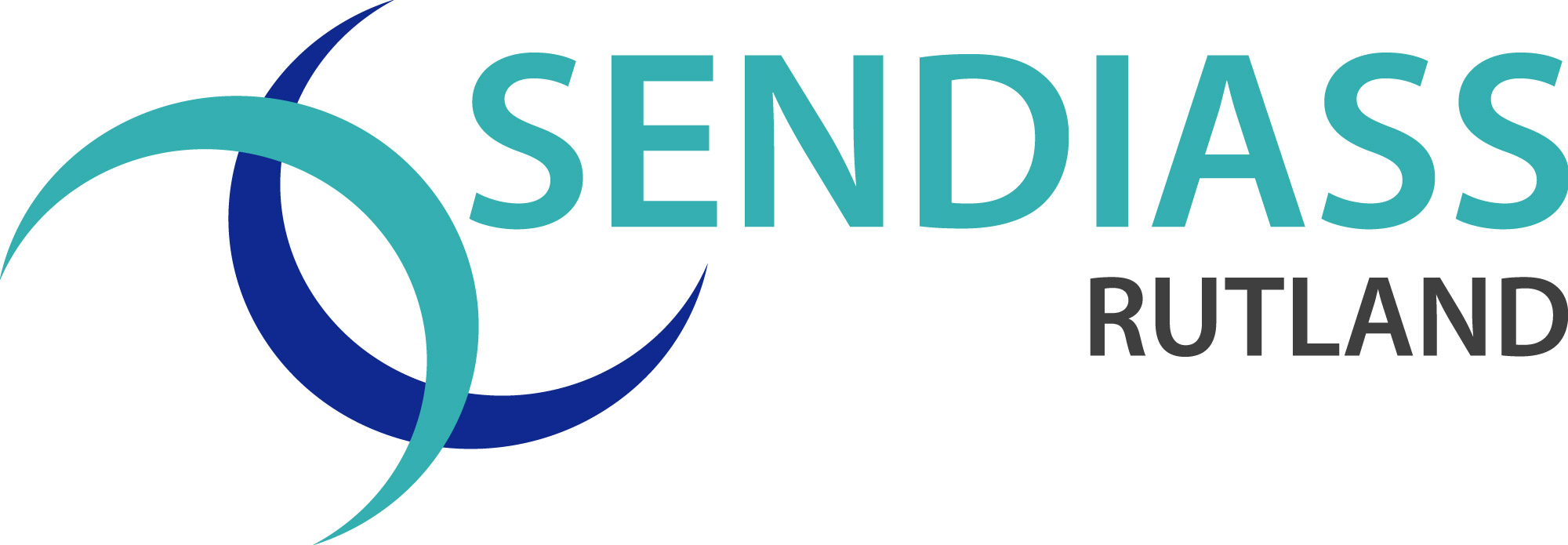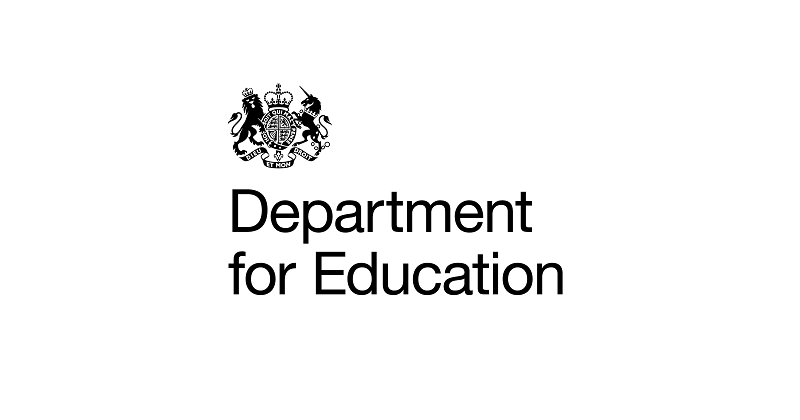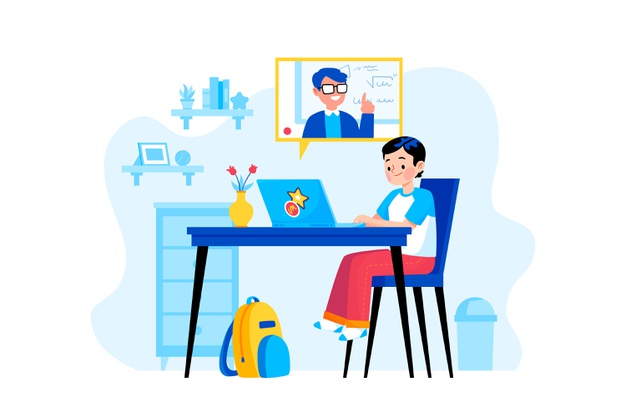Disadvantaged pupils targeted in government’s £700m school catch up plans
The government has pledged to focus £700m in catch up funding for education in England on disadvantaged children, as schools and early years settings recover from the Covid-19 pandemic.
Children & Young People Now have reported on the “Recovery Premium”:
One-to-one and small group tutoring programmes is another focus of the government’s efforts to help schools and colleges recoverThe one-off recovery premium is worth £302m. The average primary school will receive around £6,000 extra while the average secondary school around £22,000 more. The government expects schools to use this premium money to boost summer provision, such as additional clubs and activities.Schools will also be expected to use “evidence based approaches to supporting disadvantaged pupils from September”, according to the Department for Education.Of the remaining £400m, half will be used to boost tutoring in schools and language development in early years settings.The other half is for schools to develop face-to-face summer schools. The government expects these to initially target incoming year 7 pupils....




